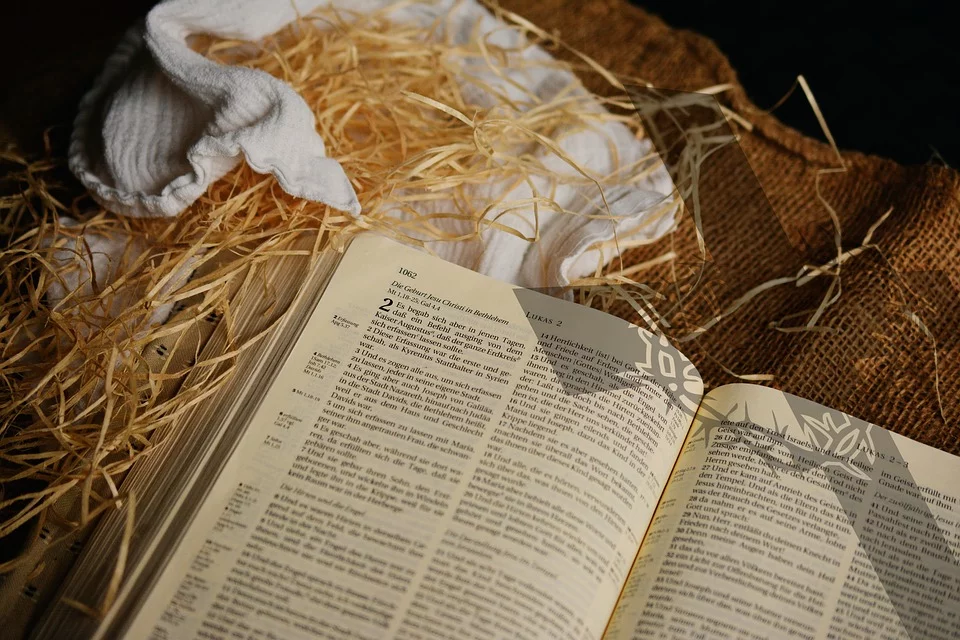Good evening everyone! I posted the first part of this series yesterday. If you missed that, it will be linked at the bottom of this article. Today, I am going to begin an analysis of the Christmas portion of Handel's Messiah. A portion of the Messiah spanning almost an hour that was written by Handel in 6 days. I think it is safe to say that I have spent far longer analyzing this work than Handel spent writing it. I have been copying the music since summer, and I am currently prewriting these in November (it is November 13th. With a little luck, and a lot of work, I will get all of these up on time). Now, let's get into the Overture to Handel's Messiah!
Analysis
First of all, I'd mention that this is one of the few works from the Messiah which is entirely instrumental. A large portion of the Messiah is either solo repertoire with strings, or choruses with strings.
Form
I will discuss form, as form lays the foundations for the entire work. Through a piece's form, we can gather where it is likely to modulate, and how everything should tie together. This overture, having been written in Baroque times, utilizes a French overture for its form. Meaning that it begins with a slow A section utilizing a dotted figure (as is customary for a French Overture). This A section lands on a half-cadence, repeats, and then again lands on a half-cadence. This leads into a B section which consists of a fast fugue (also customary in a French Overture), contrasting in character to the slow A section. In this case, the fugue is a three-part fugue.
Harmonics
A majority of the work for these analyses goes into copying the music for the Harmonic analysis. Within the Overture, the harmonies are quite standard, but, at the same time powerful. Handel seems to utilize a heavy sound for the beginning section, created by close proximity within the voices of the harmony. I enjoy especially his tonicization of VI towards the middle of the phrase.
One thing notable about this A section is that the main melody is supported by, and, as a result, quite dependent on, the harmony. Without the harmony, the main melody would sound rather dull, but with the harmony, it is enhanced and seems to create a different idea entirely. This reminds me of the second movement of Beethoven's 7th symphony, which seems to depend almost entirely on the harmony to make the main melody come to life.
He contrasts this with the light sound created by the contrapuntal fugue (which does at times get quite heavy however). This fugue also contrasts the beginning in that it relies on counterpoint rather than harmony. In this case, it is the independent melodies (and how they function together) which brings life to the piece. Because of this, the harmony is more implied, taking the back seat to the melodies.
Please note that within the analysis:
Pink = A Passing Tone/Harmony
Maroon = A Pedal Point
Blue = The Subject
Red = The Answer
Aqua = A Middle Entry Subject
Turquoise = A Stretto
Orange = A sequence of subject material
Overall Effect
Overall, this overture really pulls through in getting the audience engaged for the coming work. It is passionate in material, and in effect. And, it really sets the serious but entertaining mood that the rest of the Messiah requires. I am quite fond of this movement.
Previous Analyses
The Nutcracker Suite
Miniature Overture (12/4)
The Messiah
Overture (12/5)
Upcoming Analyses
March from the Nutcracker Suite (12/6)
Conclusion
Thanks for reading this! This overture is definitely one of my favorite parts of the Messiah. I feel that it was quite innovative for its time, and, overall, it does a very good job of foreshadowing the work to come. Please remember that feedback is always appreciated! I understand that there are different ways of interpreting this fine work, and how I interpreted something might be completely different from how you did. Do not hesitate to comment if that is the case. Hopefully, I will see you tomorrow!

(Note) In order to encourage meaningful feedback on the platform, I will check comment trails of users who leave superficial comments (ie "Awesome post," or "Upvoted.") and will mute any users who exhibit a pattern of leaving "spammy" comments.


